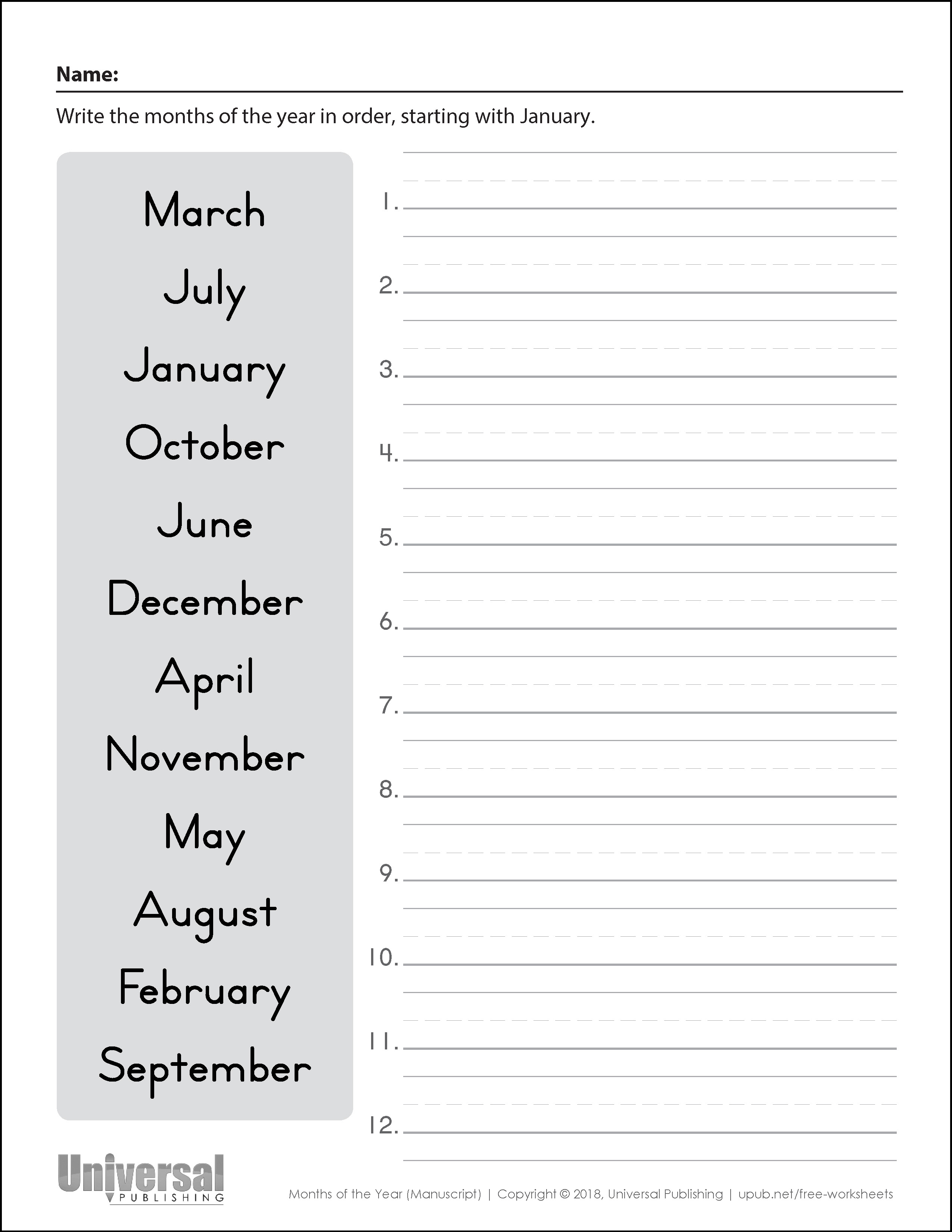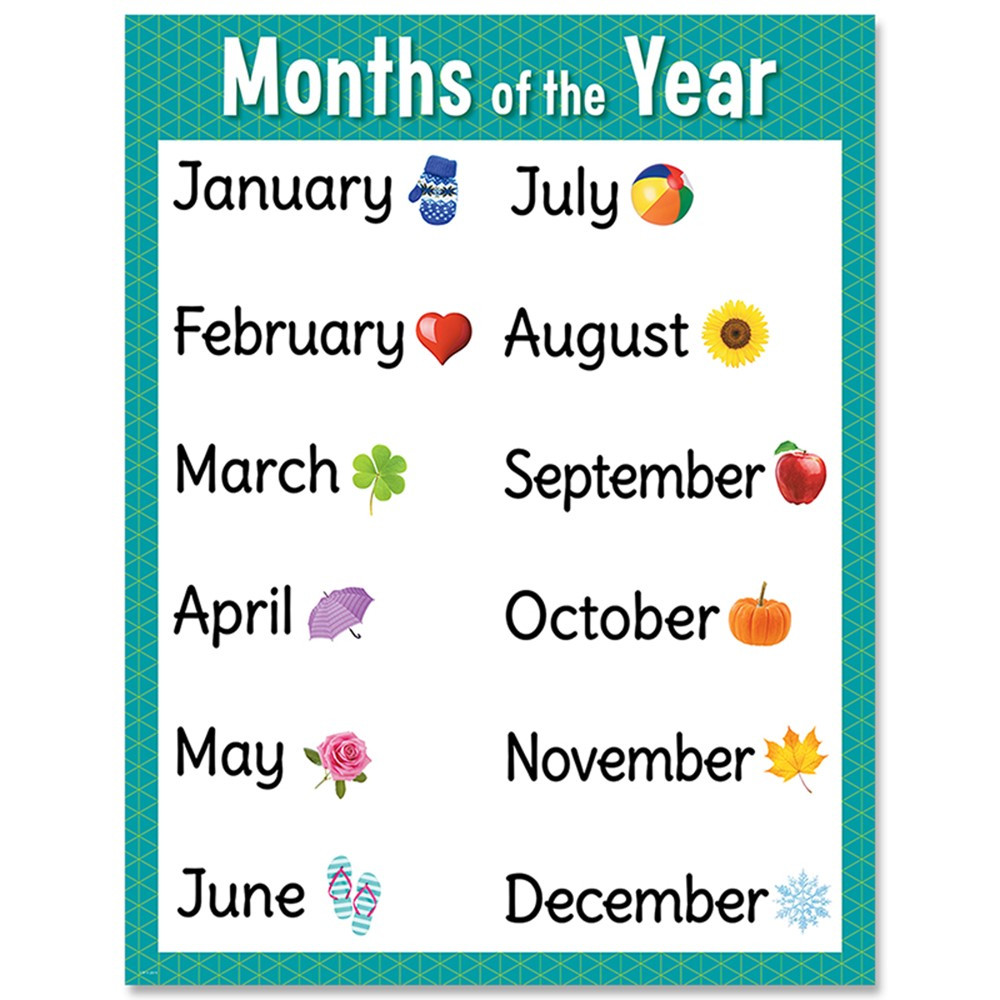Understanding Passover: When Is Passover and Its Significance

Passover, known as Pesach in Hebrew, is a significant Jewish holiday commemorating the liberation of the Israelites from Egyptian slavery. This article will delve into when is Passover, its historical roots, and its cultural significance, providing a comprehensive guide for those interested in this pivotal event in Jewish history.
Key Takeaways
- Passover is a major Jewish festival celebrated for eight days (seven in Israel).
- The holiday begins on the 15th day of Nisan in the Hebrew calendar, usually falling in March or April.
- Passover commemorates the Exodus of the Israelites from Egypt, symbolizing freedom and liberation.
- The Seder meal, featuring symbolic foods, is a central ritual in Passover celebrations.
When Is Passover?
The question “when is Passover” often arises due to its variable date in the Gregorian calendar. Passover begins on the 15th day of Nisan according to the Hebrew calendar, which is a lunar calendar. This means that Passover typically falls in March or April. In 2023, for instance, Passover begins at sunset on April 5th and ends at nightfall on April 13th. The variation in dates each year is due to the differences between the lunar and solar calendars.
The Hebrew Calendar: A Brief Overview
Understanding when Passover occurs requires a basic understanding of the Hebrew calendar. Unlike the Gregorian calendar, which is solar-based, the Hebrew calendar is lunisolar. It adjusts periodically with leap months to align with the solar year. Nisan, the month in which Passover occurs, is the first month of the ecclesiastical year in the Hebrew calendar.

The Historical Significance of Passover
Passover commemorates the biblical story of the Exodus, where the Israelites were freed from slavery in Egypt. According to the Book of Exodus, God inflicted ten plagues upon the Egyptians to persuade Pharaoh to release the Israelites. The final plague, the death of the firstborn, led to the liberation of the Israelites. They marked their doorposts with lamb’s blood so that God would “pass over” their homes, sparing them from this plague.

The Exodus: A Journey to Freedom
The Exodus is a foundational narrative in Jewish history. It represents the transition from slavery to freedom and the birth of the Israelite nation. This story is central to Jewish identity and is retold during the Passover Seder, emphasizing themes of liberation and divine intervention.
Passover Traditions and Customs
Passover is rich with traditions and customs that have been passed down through generations. The most notable is the Seder, a ceremonial meal that includes reading the Haggadah, eating symbolic foods, and singing traditional songs. Each element of the Seder has deep symbolic meaning, reflecting the themes of slavery and freedom.
The Seder Plate: Symbolic Foods
- Maror: Bitter herbs symbolizing the bitterness of slavery.
- Charoset: A sweet mixture representing the mortar used by the Israelites in their forced labor.
- Karpas: A vegetable, usually parsley, dipped in saltwater to symbolize tears.
- Zeroa: A roasted shank bone symbolizing the Paschal lamb sacrifice.
- Beitzah: A roasted egg symbolizing mourning and the cycle of life.
The Four Cups of Wine
During the Seder, participants drink four cups of wine, each representing a promise of redemption in the biblical narrative. These are:
- The Cup of Sanctification
- The Cup of Deliverance
- The Cup of Redemption
- The Cup of Praise
Modern Observances of Passover
Today, Passover is observed by Jewish communities worldwide. While the core traditions remain, many families incorporate modern elements into their celebrations. Some may include discussions on contemporary issues related to freedom and social justice, connecting the ancient story of liberation to today’s world.
Passover in Israel vs. the Diaspora
In Israel, Passover is celebrated for seven days, while in the Diaspora, it is observed for eight days. This difference stems from historical practices when the Jewish calendar was not standardized, and communities outside Israel added an extra day to ensure the holiday was observed correctly.
Understanding when is Passover and its significance offers a window into Jewish history and culture. It is a time of reflection, celebration, and remembrance of the journey from oppression to freedom. Whether you participate in a traditional Seder or engage with the holiday through modern lenses, Passover’s themes of liberation and renewal resonate universally, reminding us of the enduring human spirit.








